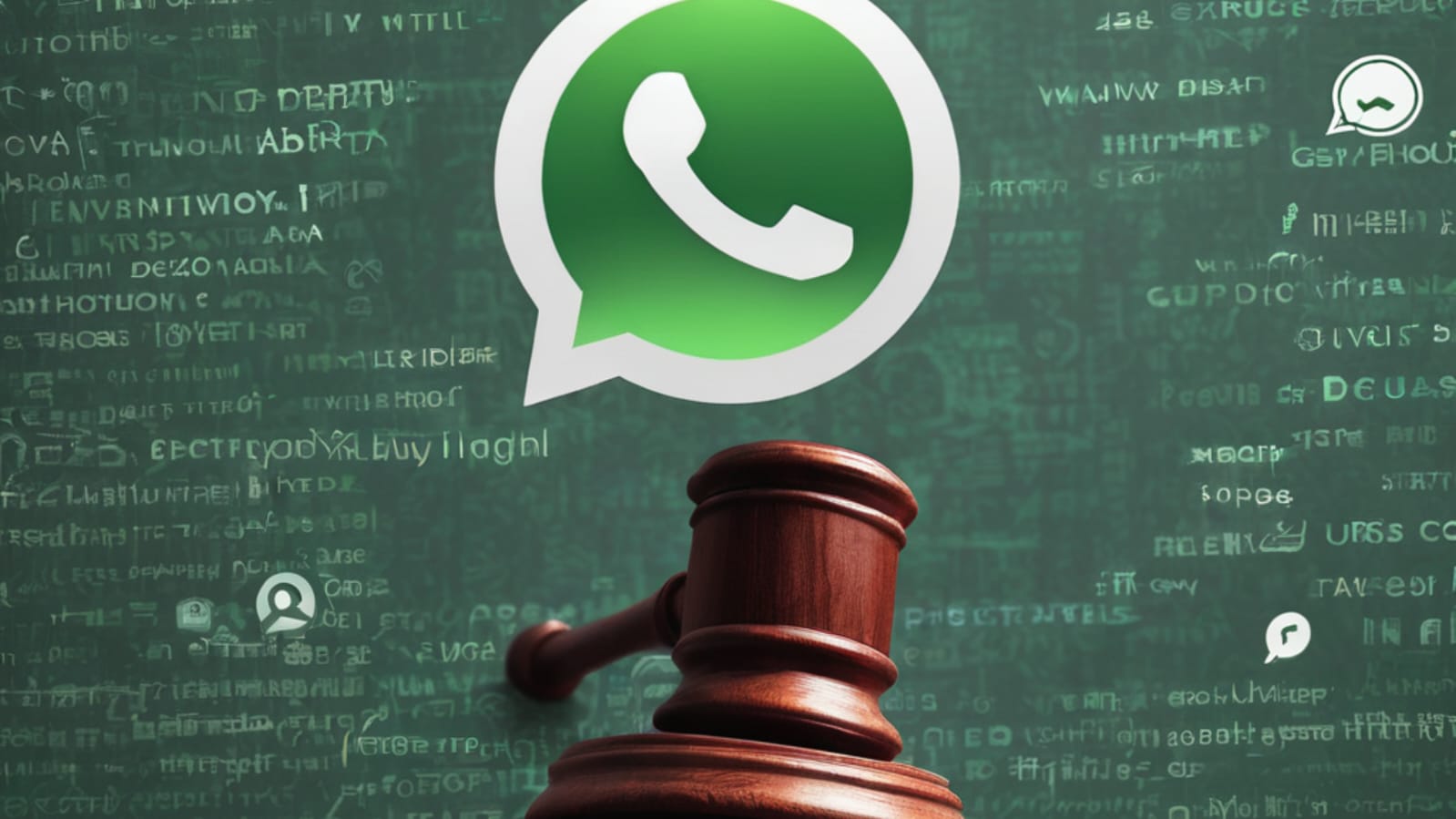In a recent development WhatsApp boldly declared before the Delhi High Court that it will terminate its operations in India should it be forced to compromise its encryption standards. The messaging behemoths position is taken in the middle of continuous legal disputes and discussions about privacy issues and governmental laws.
The Discussion on Encryption.
The essential component of the WhatsApp platform that protects user privacy and security by encrypting messages end-to-end and rendering them unreadable by anybody but the sender and recipient is encryption and it is at the core of the problem today. Millions of users worldwide have trusted WhatsApp because of its encryption which has been a pillar of the service.
Governmental Concerns.
However, authorities like the Indian government are worried about how encrypted platforms might be abused for illegal purposes like inciting violence distributing false information and arranging crimes. There have been requests for tech companies such as WhatsApp to grant law enforcement agencies access to encrypted messages in order to support investigations and protect national security.

The Claim of WhatsApp.
WhatsApp has made a strong stance in response to these worries and legal demands highlighting how crucial it is to keep robust encryption in place to protect user security and privacy. The messaging service claims that any attempt to compromise or backdoor encryption would compromise user privacy and create a risky precedent that might endanger user security everywhere.
The High Court Case in Delhi.
The Indian government filed a lawsuit against WhatsApp in an attempt to find the source of divisive messages that were shared on the platform and this is why WhatsApp made this statement to the Delhi High Court. Citing concerns for public order and national security the government has pushed WhatsApp to create systems to determine the origin of such messages.
Consequences of WhatsApp Security Risk.
There are serious ramifications for WhatsApps users as well as the company itself when it threatens to cease operations in India if it is forced to compromise encryption. With more than 400 million users in India WhatsApp could be shut down which would affect many facets of daily life and economic activity as well as communication for millions of people businesses and organizations nationwide.

Keeping Security and Privacy in Check.
The impasse between WhatsApp and the Indian government highlights the larger difficulty in striking a balance in the digital age between the right to personal privacy and the necessity of strong national security and law enforcement policies. It goes without saying that maintaining public safety must be done so without violating basic rights like the right to privacy and the freedom of speech.
The Road Ahead.
Parties involved in the legal dispute between WhatsApp and the Indian government must have a positive dialogue and look for workable solutions that take privacy rights and security concerns into account. To promote trust transparency and accountability in the digital ecosystem a compromise that respects encryption standards and permits legitimate access to pertinent data for investigative purposes must be found.
In summary.
In spite of government legal pressure WhatsApp has remained steadfast in its commitment to safeguarding user privacy and adhering to encryption standards as evidenced by the statement it made to the Delhi High Court. The verdict in this legal dispute will have a significant impact on the global discussion about encryption privacy and security in the digital age as well as on WhatsApp and its Indian users.



